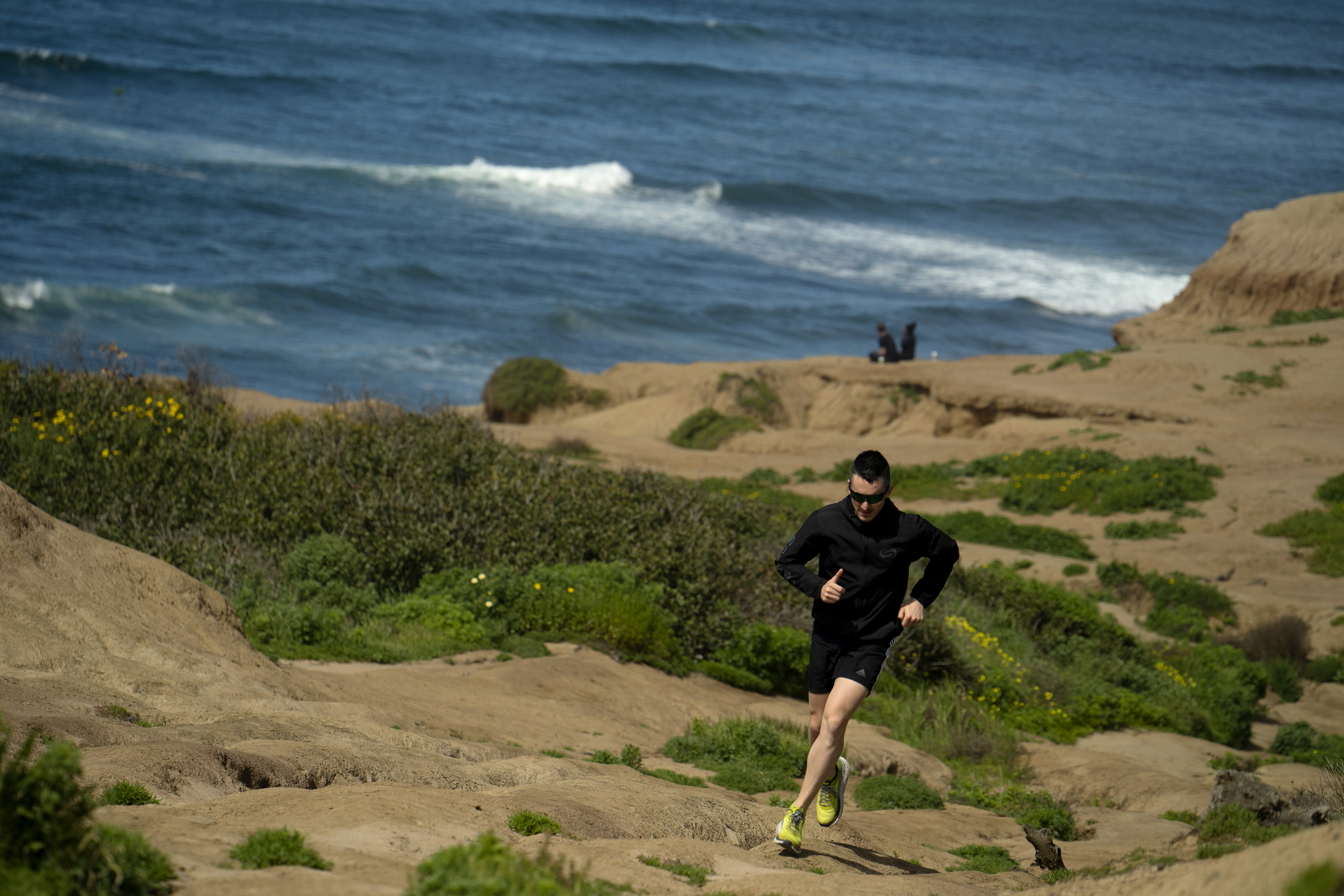Any athletes worst nightmare is injury. It keeps you on the sidelines and away from the activities that you love. Remaining injury free while training is especially important if you have a big race coming up. According to Shane Finn, this isn't incredibly hard to do. Shane is an endurance athlete from Dingle, Ireland who has run 24 marathons in 24 days. To say this guy knows about training is an understatement. We were lucky enough to have him stop by SportRx to share a few key points to how he keeps his body healthy in training for his next race.
1) Don't be Afraid to Take a Day Off
Any hardcore athlete is going to push it to the limits of their own physical limitations. This mentality that is common with anyone who wants to better themselves. However, there is a delicate balance between overworking yourself and knowing when to let your body rest. It is important to let your body heal and the only way it can properly do this is by taking a break from training.
2) Cross-train
As Shane points out, cross-training can also help to remain injury free. Instead of strictly running all the time, Shane began to bike and swim. He noticed that hitting the gym, getting on his bike, and swimming started to help out his running. Mixing things up by adding more variety can also benefit your mental state and get you excited about working out! Don't be a one-dimensional athlete.
3) Recovery
You know recovery is important, but what are you actively doing to make sure you are ready for tomorrows training? Protein and natural sources of food are a great place to start. After a hard training session your body is low on carbohydrates and other necessary sources of fuel . If you want to train hard the next day you have to fuel back up so your body has the ability to kick in to high gear when you want it to. There are plenty of nutrient supplements and workout products on the market. Keep it simple and eat good food!
4) Sleep
Sleep is how your body truly recharges. This is a crucial part of the recovery process. Cutting your sleep short might help you sneak in another workout or two but is not the best long-term solution for your training needs. There are 168 hours in a week which makes plenty of time to balance your sleep, work and training schedule if you plan it out properly.
Wearing Sunglasses While You Train
There is plenty of equipment out there to help you train. One of the things we see runners missing is a good a pair of sunglasses. Sure, you can use your everyday pair for running but these simply don't make the cut. Lifestyle frames are not made of the right materials and lack the design to give you the coverage you need. A sport-specific pair of sunglasses will be lightweight, have grip where you need it, and give you plenty of protection from the sun. Wearing running sunglasses helps to reduce eyestrain and fatigue during long training sessions. We have a Best Running Sunglasses of 2019 guide and tips on How To Buy Running Sunglasses for more information on what to look for!




